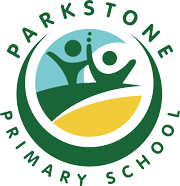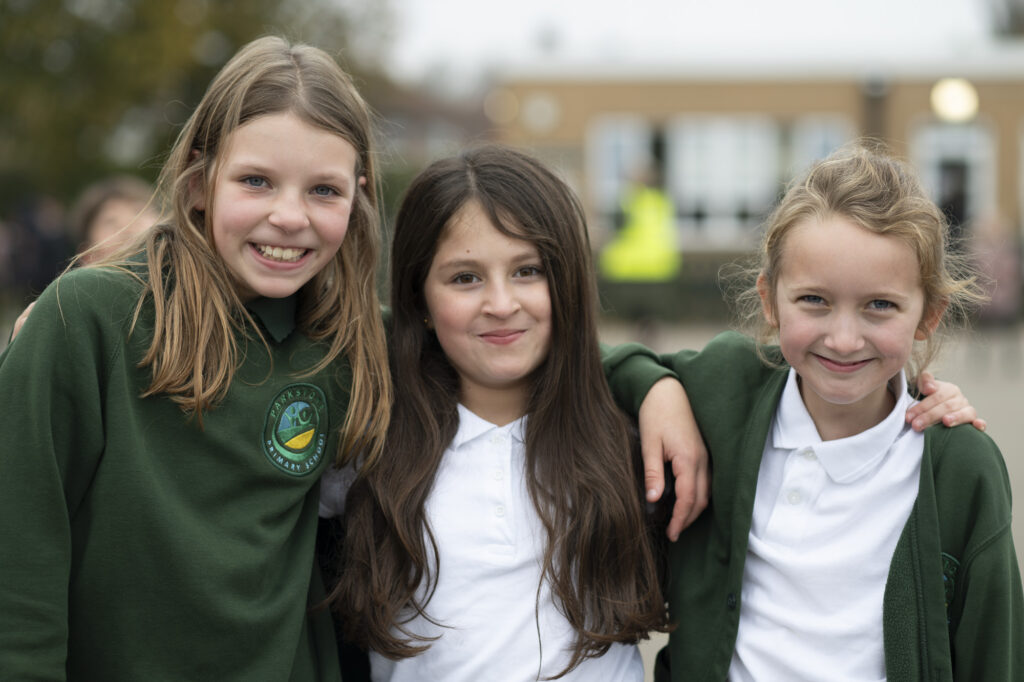Our school is committed to providing a wide range of high quality learning experiences, which enrich, challenge and stimulate the children and lead to the development of their growth in education.
To raise standards of achievement for all.
To provide a caring, safe, ordered and stimulating environment in which children may grow in confidence, knowledge and self-esteem.
To encourage pupils to develop lively, enquiring, imaginative and creative minds and to become independent and confident learners.
To aspire to be a fully inclusive school: to recognise and value the efforts and achievements of all.
To enable pupils to use number and language effectively to foster an understanding of healthy living and an appreciation of aesthetic, scientific and technological achievements.
To enable pupils to recognise their strengths and set appropriate personal goals.
To develop positive partnerships with parents, carers and the wider community. This will enable pupils to embrace the challenge of life in the wider world and find and enrich their place in it.
To nurture in pupils the ability to develop a reasoned set of attitudes, values and beliefs and behaviours to encourage them to become positive citizens. To foster respect for adults, each other and the school environment.

